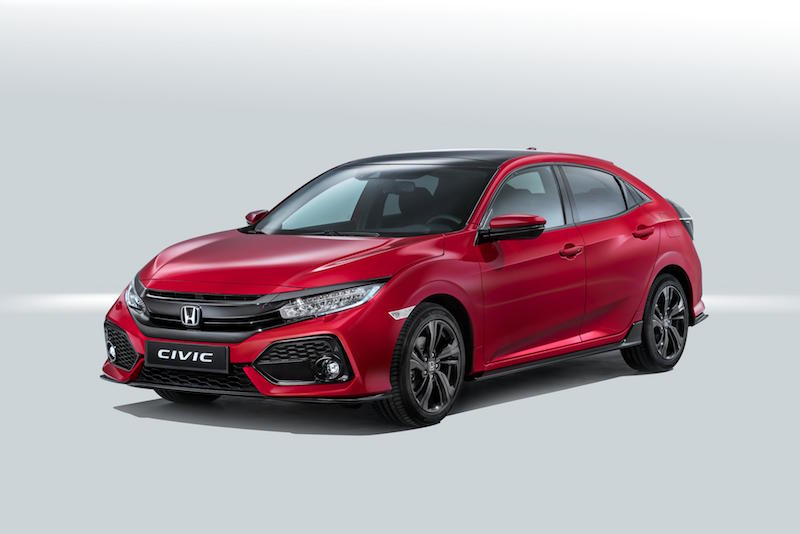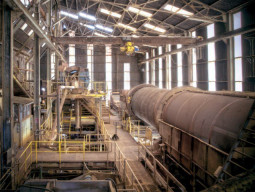
The company increased the price of its Honda City 1.3L variant by Rs50,000, City 1.5L became expensive by Rs60,000, while Civic's retail tag also got heavier by Rs50,000.
Honda's move comes after Indus Motor raised prices of its vehicles in December, while Pak Suzuki took the step on the first day of 2018.
The increase means City 1.3L (manual transmission or MT) would be priced at Rs1.599 million, while its automatic transmission variant carries a tag of Rs1.739 million.
The new price of City 1.5L (MT) would be Rs1.659 million, and City 1.5L's rate (AT) jumps to Rs1.799 million. The new price of 1.5L Aspire (MT) increases to Rs1.789 million and the price of 1.5L Aspire (AT) is now Rs1.929 million.
Honda Civic's VTI CVT price increases to Rs2.399 million, the Civic VT SR CVT is now worth Rs2.549 million.
For the time being, the price of Honda BR-V CVT remains unchanged at Rs2.229 million.
Honda Atlas posts its highest growth, but fails to overtake leaders
Move expected
The development comes as rupee suffered close to a 5% fall in December, with auto assemblers – operating in a competition-less environment – choosing to pass on the impact within a month.
"The government has recently restricted the import of used cars through different measures, but it has allowed local car makers to increase prices as much as they want," said All Pakistan Motor Dealers Association (APMDA) Chairman HM Shahzad.
The auto industry is particularly sensitive to rupee depreciation because of its high dependence on imported raw-material and parts that become expensive with the fall in the currency's value.
However, the same industry is also well-positioned compared to other industries to easily pass on the impact due to high demand of automobiles in the country.
The country is all set to touch its highest-ever yearly sales in calendar year 2017 (final sales figures are expected to be released around January 10, 2018). In the first 11 months (January to November) 2017, car sales (including light commercial vehicles and jeeps) touched 221,209 units, up 18% compared with 187,495 units in the same period of 2016.
Gasoline suppliers respond to Honda's complaint over quality
Indus Motor Company, the makers of Toyota Corolla in Pakistan, was the first company that increased the prices of some of its variants by Rs50,000-60,000.
The auto sector has remained one of the best-performing sectors at the Pakistan Stock Exchange (PSX) in recent years. However, similar to the overall poor performance of the stock market in 2017, the auto industry's returns were also not impressive.
According to the PSX data, the market capitalisation of Pak Suzuki, Indus Motor and Atlas Honda Cars amounted to Rs246.1 billion, down 9.73% from Rs272.7 billion in 2016.
However, the sector will see greater competition in the coming years with the announcement of foreign companies to set up assembly plants in Pakistan.
Companies such as Hyundai, Volkswagen, Kia and Renault say they will be able to roll out their vehicles from 2019.

1732020599-0/BeFunky-collage-(73)1732020599-0-165x106.webp)
1731926127-0/zayn-(1)1731926127-0-165x106.webp)
1732018399-0/BeFunky-collage-(72)1732018399-0-165x106.webp)




1732013598-0/Untitled-design-(15)1732013598-0-270x192.webp)
1732012115-0/Untitled-design-(14)1732012115-0-270x192.webp)







COMMENTS
Comments are moderated and generally will be posted if they are on-topic and not abusive.
For more information, please see our Comments FAQ